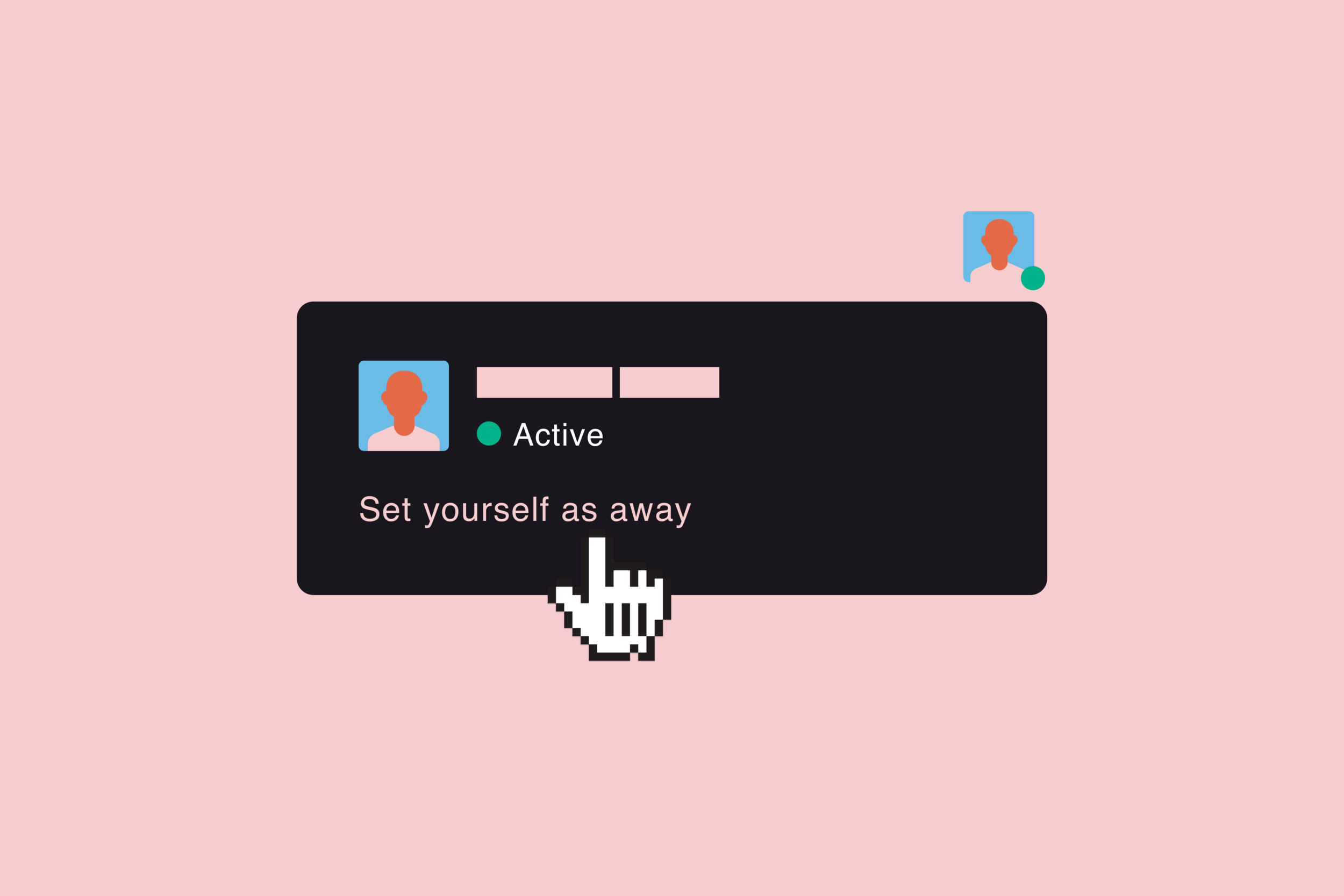Impress colleagues and relations with this simple format
Being asked to deliver a leaving speech for a colleague is a double-edged sword to me: I am honoured to have been invited to do so, and I am intimidated by the responsibility that comes with it. I was given three minutes to say goodbye to my manager in front of the whole company, in a way that would make my outgoing boss feel good, and inform the rest of the entire staff - if not entertain them. To come up with the right words and delivery to fill three minutes in such a way takes significantly longer than that amount of time. In the end, I came up with a very simple recipe that I hope should work for most times when speaking about someone else, be it a colleague who is leaving, a birthday of a friend, or some other social event.
The best speeches tell good stories. To come up with such as story, you may try to think not about "What could I say about this person?", but what are the stories surrounding them, and how have they affect *your* story. Toasts are always best if they are authentic and sincere and you can achieve this by exemplifying the qualities of a person with a story about how they have affected you personally.
Stories unfold over time. Once you realise this, it is easy to put the basic framework together as you can anchor your story between the significant moments surrounding it. In most situations, this will be some kind of before-and-after structure. Once this is in place, you can go about filling it with personal content.
Describing what life (or work) was like before this person came to your life makes you reflect on, and others recall, the past. What was the situation you all found yourselves in? What was more difficult than it was today? Were you more lonely, unhappy, lost? Or maybe your life was just fine and you didn't realise you were missing something (or someone).
Compare this to today. As you give your speech, what has improved by that person having come into your life? Have they brought you closer together as a team? Have they made you better through mentorship? Spend a line or two on letting everyone know that you are better off because of this individual.
Now fill in the gaps. This is where the personal storytelling element comes in as you lay out how the person you are praising has led you from the past to the present. I find that it is good to have a mix of stories (one each, you don't want to bore everyone!) that some or many in the audience can relate to as well, and those that are personal between the two of you. This way you can connect with both audiences.
You could stop here, but as long as any of you are alive the story doesn't stop. Hence, you may want to speculate on how it will continue. If your ways are parting - like when a colleague is leaving your company - you may share how each of your dividing paths is brighter than it would have been through that person's actions. Their qualities have changed your life for the better in a sustained way and will make sure that they have a pleasant future ahead as well. This is also the point where you can express that even though things are looking up for both of you, you're still saddened by them leaving. If you remain connected - like after a toast to a relationship - you may do the same, but instead of speculating on the separation, think about how you will go on together.
Template for a toast
What was the situation like before this person came into your life / joined your company, etc.?
What is the (improved) situation today?
How did the qualities of this person lead you from the before to the after, as exemplified by personal moments you shared?
How will their impact extend into the future?
Rarely ever is there a need to make things more complicated than this. Once you have written your speech - and I recommend doing so in bullet points and not full text - you're not done. You'll need to rehearse and work on your delivery. This is a fine balancing act as you don't want to sound over-rehearsed either. So before you go, here are a few more housekeeping rules for the next steps:
Keep it short and don't dwell on any particular story as it will bore those not familiar with it.
Don't read off your notes and don't over-rehearse. I put these two points together as they lead to the same result - a delivery that sounds inauthentic and disingenuous.
I hope this provides you with a useful guide for your next toast. Let me know how it went.


























